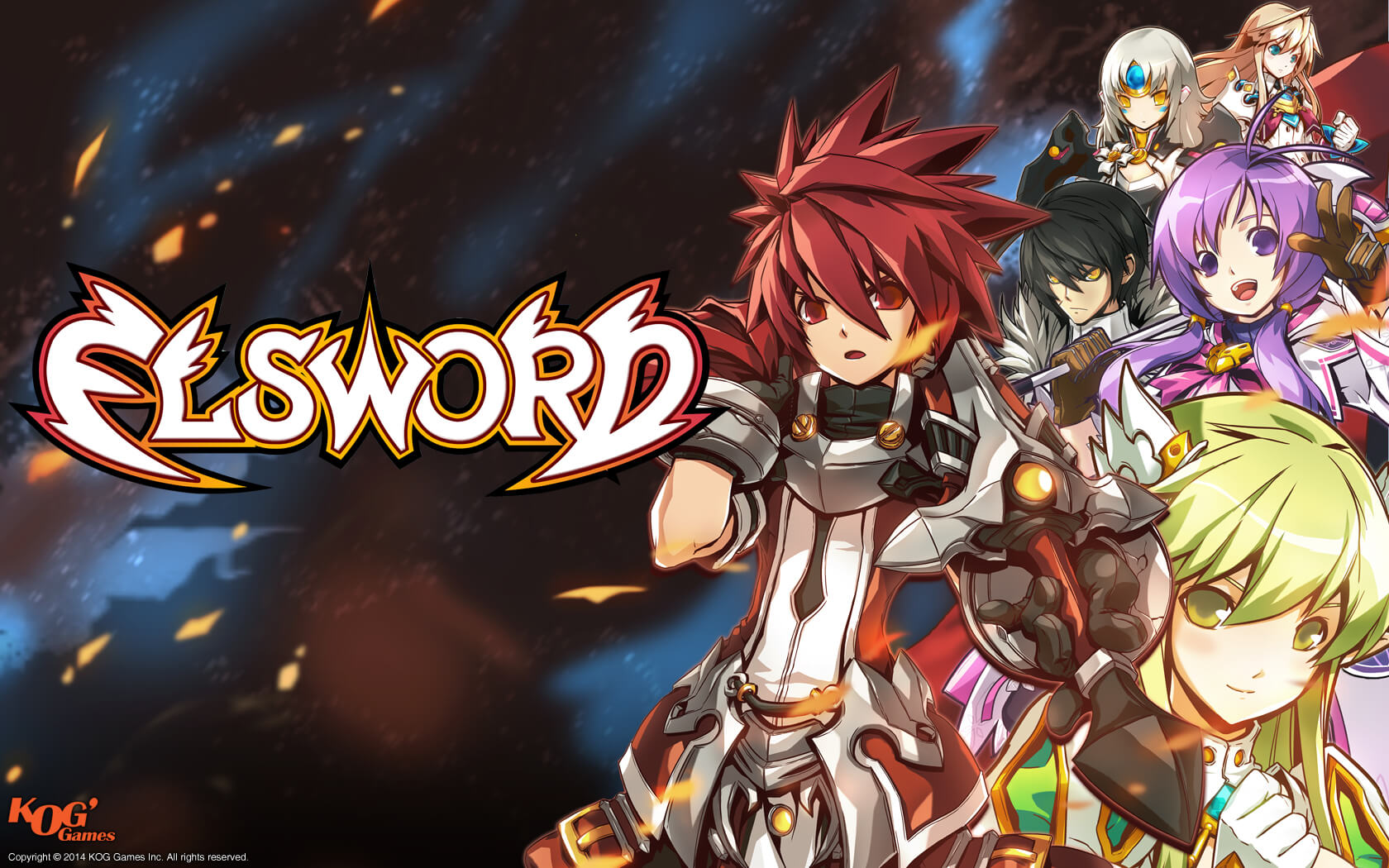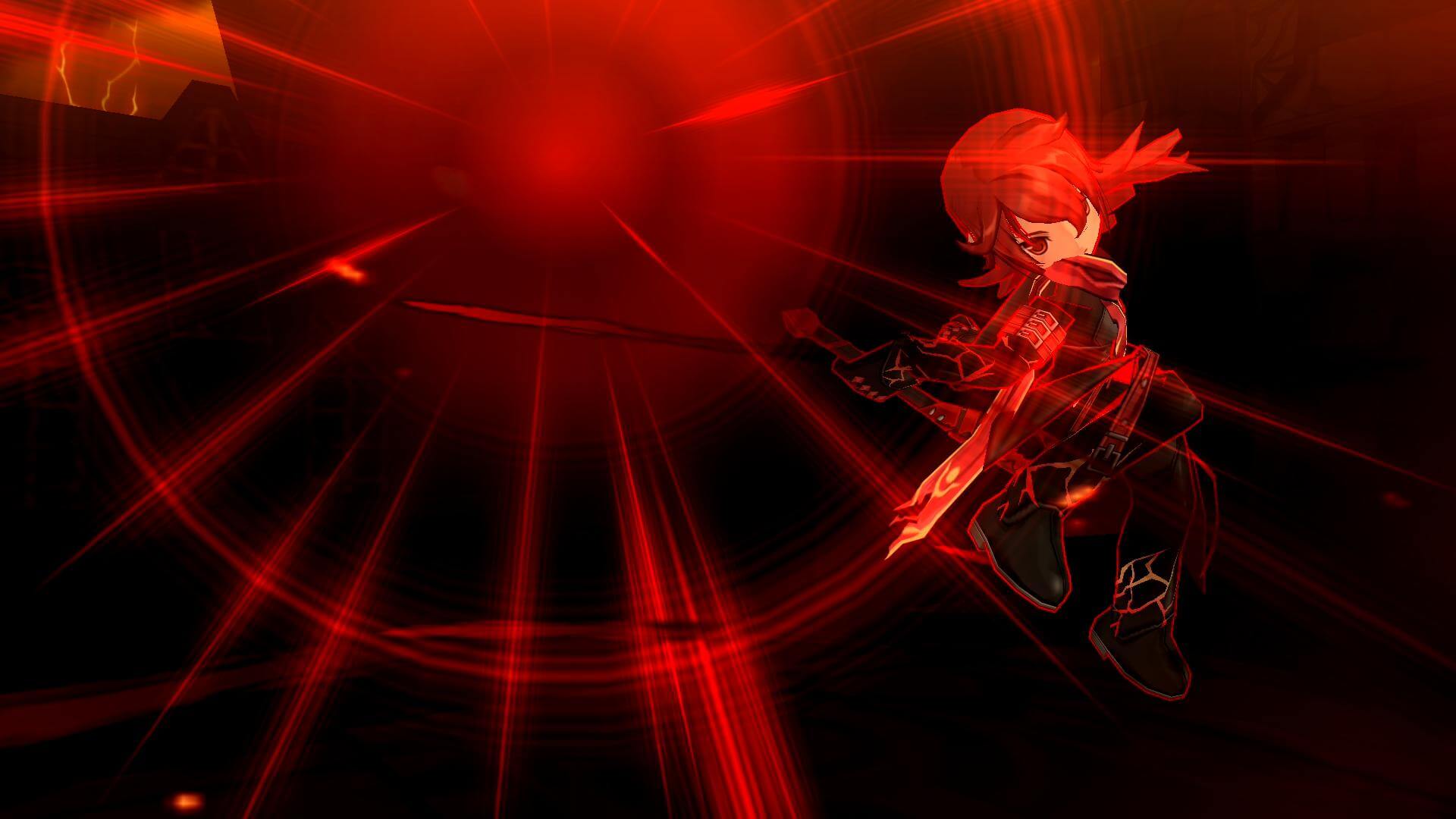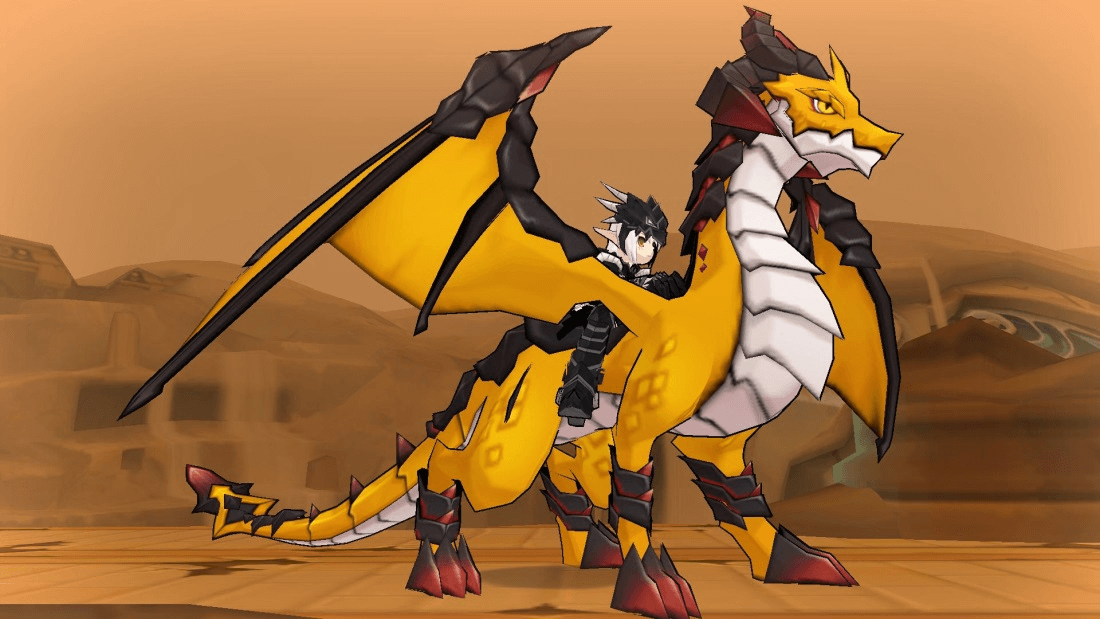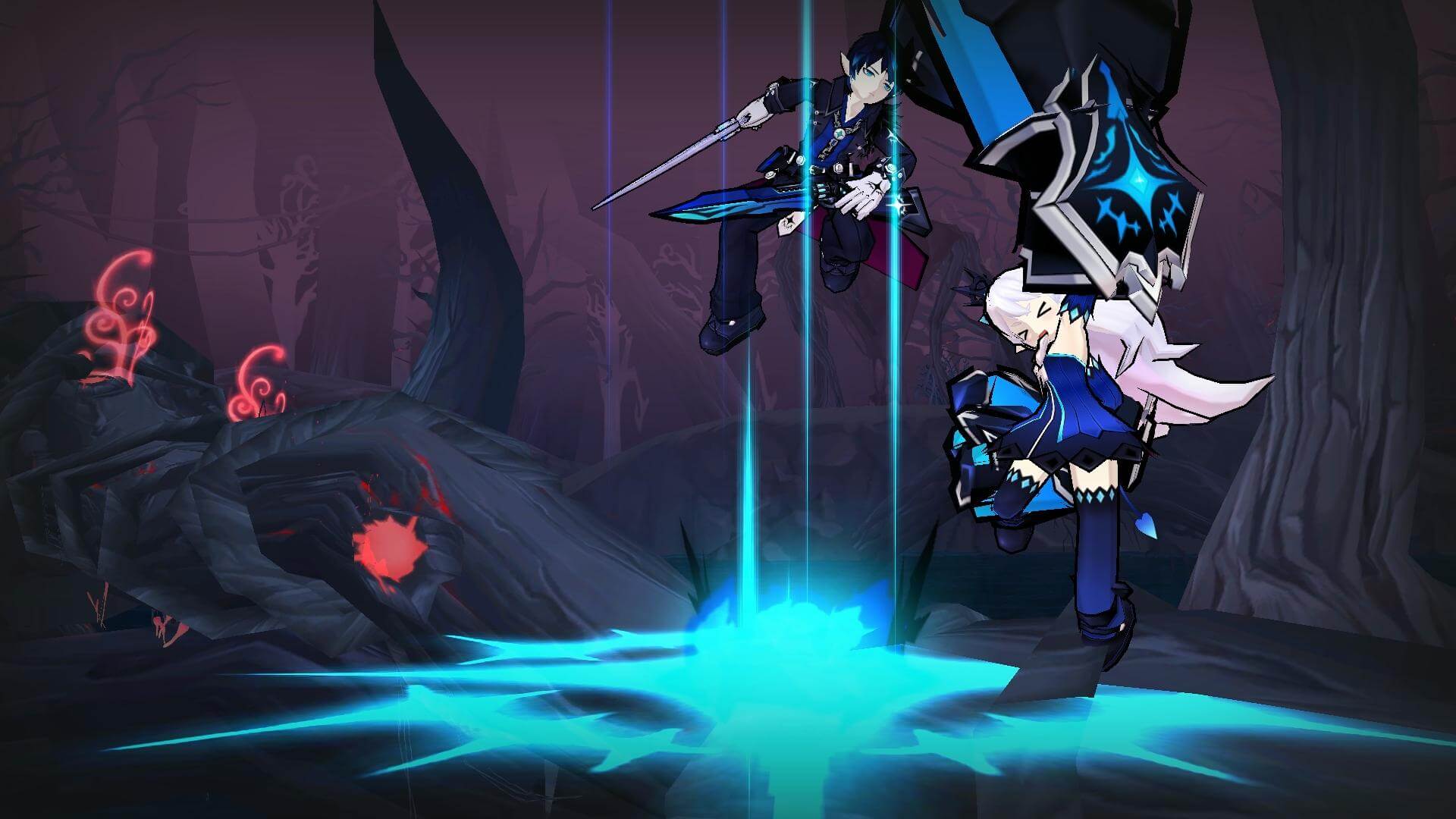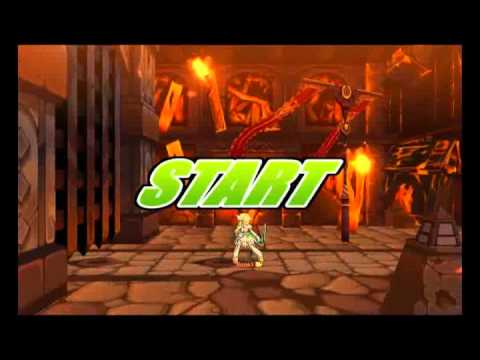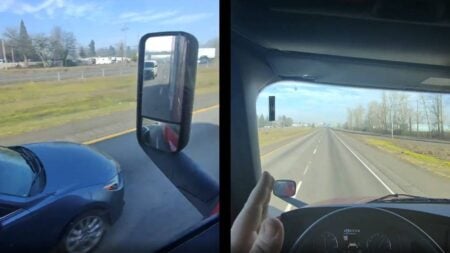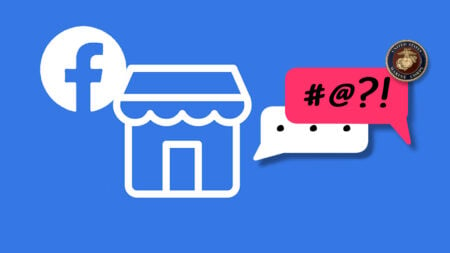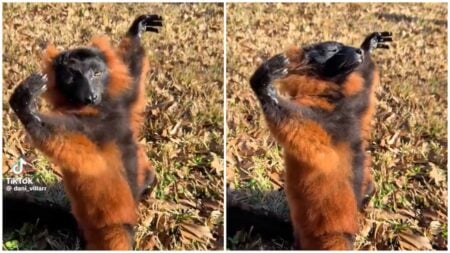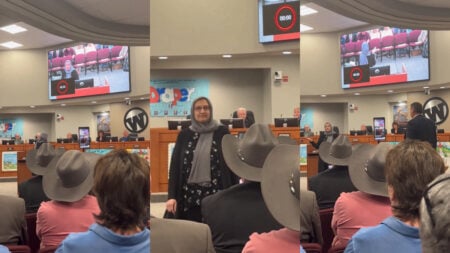Over the past number of years, KOG Games have been developing and publishing online MMORPGs, and constantly refining each of their games, adding new characters, missions, and overall just improving gameplay for each of their several different games. The most notable of these is Elsword, which just received a new dual character, Luciel, as well as a number of different comic book adaptions and a number of different updates, all in the eight years since its original release.
Taking a break from their constant updates for Elsword and their other games, the team at KOG Games took the time to sit down with The Nerd Stash to talk about Elsword and what could be next for what is arguably the studios biggest hit to date.
The Nerd Stash: It’s apparent that Elsword is the spiritual successor to Grand Chase, how much influence did Grand Chase have on Elsword and what was learned?
KOG Games: From the perspective of storyline, Elsword and Grand Chase maintain a number of similarities (as with the case of Elesis being Elsword’s older sister). These similarities (and more) exist across parallel dimensions, and as anyone familiar with time and space in Elsword knows, there’s a lot to that story, but we’ll keep any further details close to heart. Whether Elsword can be considered a true sequel or not is up to the players to decide. On the technical side, tactile feedback, character interaction, control, etc are all very similar, and that’s intentional; similarly to many other games that are designed within the same “world”, even though the two games are completely distinct.
We can say, with absolutely confidence, that though we’ve grown as a company and learned a lot from the time we’ve spent making Grand Chase, Elsword and more, we’ve learned the most from our players. They’ve given us great feedback over the years, and they’ve shown us a lot too; even with how our own games can be played. They’ve pushed limits we didn’t even know existed.
TNS: How much did Elsword change from Beta to the live release? What inspired those changes?
KOG: Believe it or not, the vast majority of changes weren’t made when transitioning from Beta to Live. All of the real big, game-changing updates happened after we went live. All of the new character updates, Fields, Raid Bosses, Henir’s Time and Space, PvP, custom events and many more were all products of the Live environment. As stated previously, the players’ voices inspired us most. Though this doesn’t necessarily dictate the overall game design or direction, we always keep our ears open as to what the players want, and we work hard to bring intended design and player feedback into play when creating the next level.
TNS: What inspired you to make Elsword into a comic?
KOG: Rather than being inspired per se, this is exactly what Elsword was created to be. In short, this was the plan from day one. Elsword was designed to be a “living”, playable manga comic. We are all huge comic and manga fans, and we are very aware that our players enjoy comics. As a matter of fact, most (if not all) comic fans are gamers in some way, and bringing the 2 forms together was such a natural progression, and we think that is important.
TNS: Was it difficult to tell the story of a game in a comic format?
KOG: Dev-ing and servicing online games is always difficult, but it’s enjoyable. From a story telling perspective, the natural progression of Elsword we talked about earlier empowered us to capture the vision and imagery, and the infinite capacity of the persistent MMORPG platform allows us unlimited potential. A potential that continues to this day.
TNS: Will we see more comics in the future?
KOG: That’s what Elsword’s all about. That’s Elsword’s style. So, yes; Expect more to come.
TNS: When you were developing Elsword, did you think it would be popular as it is now 4 years later?
KOG: Before a game launches, no one knows what will happen. However, we thought that with all of the hard work that our teams have put into Elsword, it must pay off; right? The culmination of years’ worth of experience in this industry, this genre. We have to get the formula right. We wouldn’t go home until it’s done, and done right. At least, that’s what we’d hoped, and it worked.
Now using that same, diehard work ethic as the cornerstone of how we work as a team, we will continue. That, and with the continued love and support of our players, won’t we become more popular?

